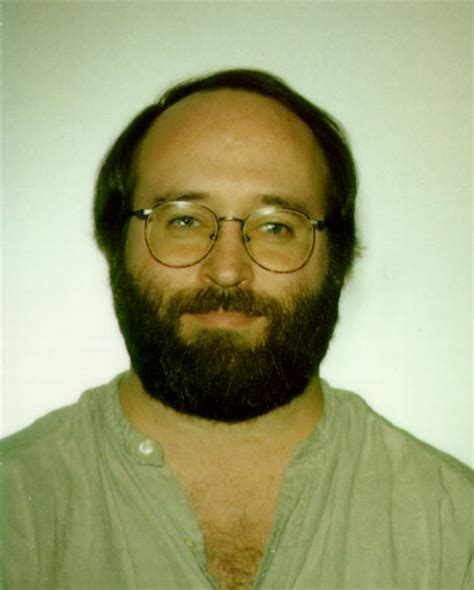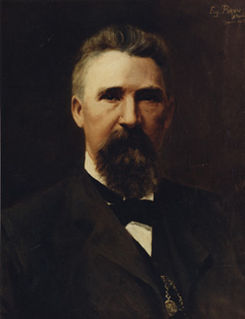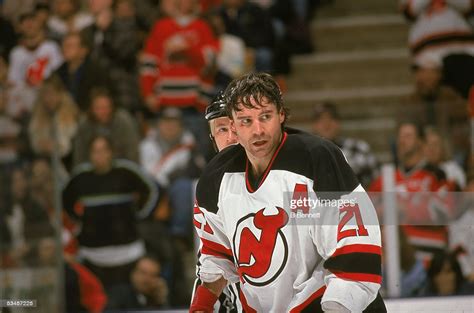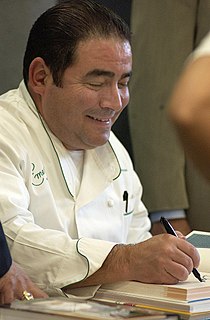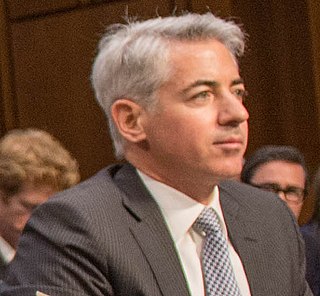A Quote by Steve Kangas
The term ‘free market’ is really a euphemism. What the far right actually means by this term is ‘lawless market.’ In a lawless market, entrepreneurs can get away with privatizing the benefits of the market (profits) while socializing its costs (like pollution).
Related Quotes
My father always said 'There's no free lunch.' My father was right. There's no free lunch and there's no free market. The market is rigged, the market is always rigged, and the rigging is in favour of the people who run the market. That's what the market is. It's a bent casino. The house always wins.
The current market cost for a space flight, about a week in space and about six people have gone with the Russians so far to the International Space Station; it costs about $30 to $35 million. So, it's not for the faint of heart. But our own market studies that we've commissioned as well as some public market studies all indicate that there are somewhere around 20 or so individuals every year who have both the means and the interest to do this. So, the market is definitely out there.
An old market had stood there until I'd been about six years old, when the authorities had renamed it the Olde Market, destroyed it, and built a new market devoted to selling T-shirts and other objects with pictures of the old market. Meanwhile, the people who had operated the little stalls in the old market had gone elsewhere and set up a thing on the edge of town that was now called the New Market even though it was actually the old market.
It should be said that we are presently, and I believe unfairly, constrained from directly promoting cigarettes to the youth market...Realistically, if our Company is to survive and prosper, over the long term, we must get our share of the youth market. In my opinion, this will require new brands tailored to the youth market.
When I get hurt in the market, I get the hell out. It doesn't matter at all where the market is trading. I just get out, because I believe that once you're hurt in the market, your decisions are going to be far less objective than they are when you're doing well If you stick around when the market is severely against you, sooner or later they are going to carry you out.
What corporations fear is the phenomenon now known, rather inelegantly, as 'commoditization.' What the term means is simply the conversion of the market for a given product into a commodity market, which is characterized by declining prices and profit margins, increasing competition, and lowered barriers to entry.
The Middle East would always be an important trading partner in just a market sense, like America is a big market for us, Asia is a big market, Europe is a big market. You are going to have hundreds of millions of consumers there, from just a standard market point of view, from a very narrow American point of view.
